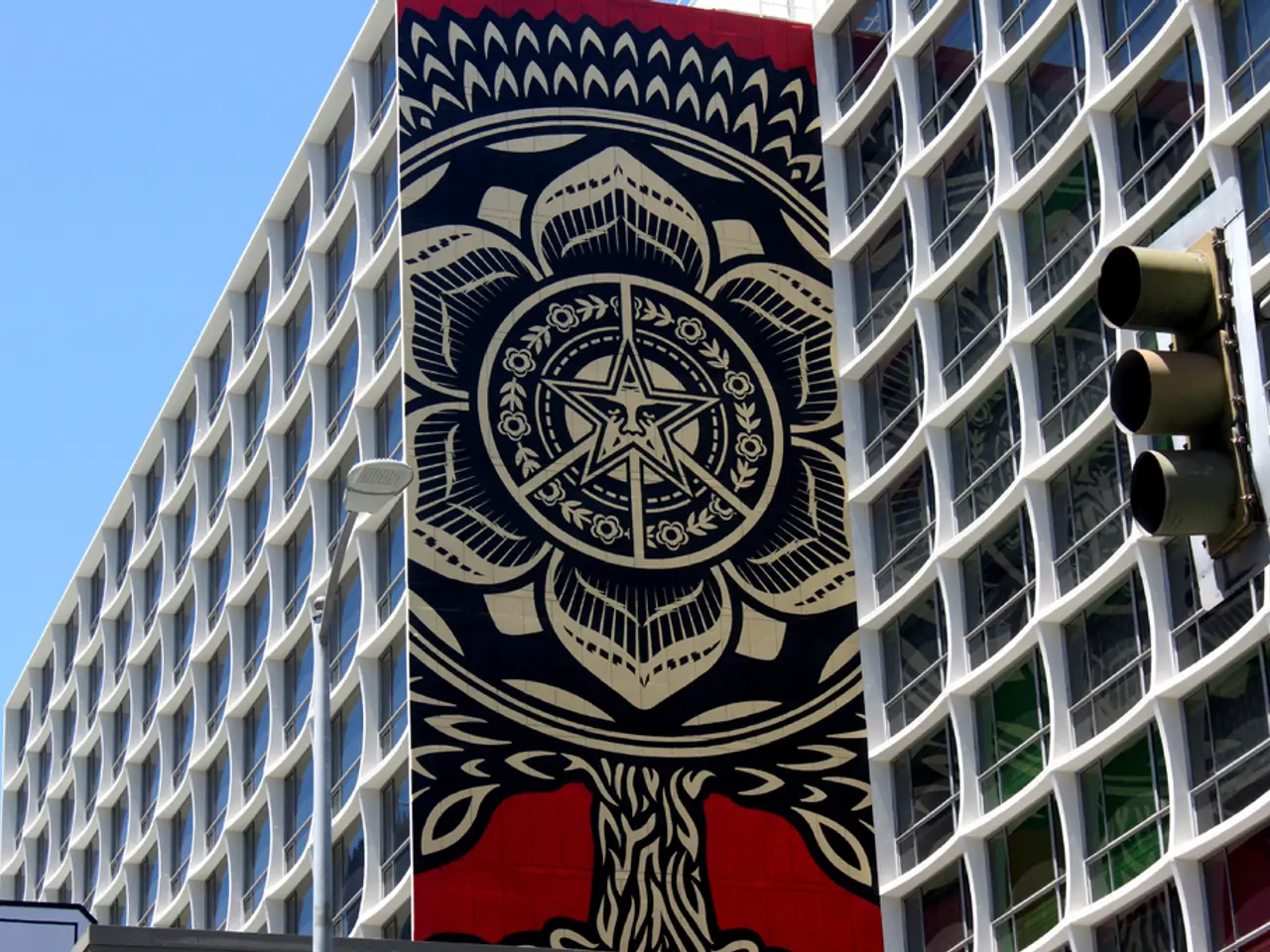Essential telecommunications services face disruptions in Nigeria as vandalism incidents increase, potentially jeopardizing national security.
The surge in vandalism of telecom infrastructure in Nigeria, particularly since May 2025, has become a significant concern for the country's digital progress. This escalation is due to recurrent theft and deliberate sabotage of critical equipment like fiber optic cables, power cables, and solar systems.
Causes
The rise in vandalism can be attributed to several factors. Persistent theft for resale or scrap value of valuable components like copper cables and diesel generators is one such factor. Sabotage, possibly linked to socio-economic issues or criminal intent, is another. The vulnerability of telecom sites in conflict-prone or poorly secured regions also plays a role. Lastly, the lack of sufficient deterrence and effective security measures has contributed to this problem.
Impact
The consequences of this vandalism are far-reaching. It causes severe disruptions to telecom services, leading to prolonged network blackouts and congestion. This decline in service quality affects millions of subscribers nationwide. Moreover, it undermines ongoing infrastructure expansion and network modernization efforts by operators.
The threat extends beyond the telecom sector, as it interferes with connectivity needed for economic activities, digital education, financial inclusion, and e-governance. In fact, if vandalism continues unchecked, there is a potential for a nationwide network collapse.
Government Response
In response to this crisis, the Nigerian Communications Commission (NCC) launched a public reporting platform in May 2025 to track vandalism incidents. The federal government, through the Attorney-General of the Federation, Lateef Fagbemi, has condemned these acts as economic subversion and promised a crackdown on perpetrators.
National calls for coordinated actions involving security agencies, government at all levels, regulatory bodies, media, civil society, and the public have been made to effectively combat vandalism. Workshops and stakeholder engagements organized by the NCC aim to improve regulatory synergy and legal responses. Telecom industry operators have also formed an alliance to coordinate prevention and response strategies.
The Way Forward
Gbenga Adebayo, President of ALTON, urged Nigerians to join the fight against the vandalization of telecom infrastructure. He described damaging telecom infrastructure as an attack on Nigeria's economy and national stability. Telecommunications is recognized as critical infrastructure in the CNII Order, with the Inspector General of Police overseeing its enforcement.
The highest levels of vandalism have been recorded in states such as Delta, Rivers, Cross River, Akwa Ibom, Ondo, Edo, Kwara, and Kaduna. The Office of the National Security Adviser (ONSA) coordinates the overall strategy for the CNII framework, while the Nigeria Security and Civil Defence Corps (NSCDC) is tasked with safeguarding telecom infrastructure on the ground.
Despite these efforts, no arrests or prosecutions have been reported in relation to the vandalism of telecom infrastructure. The peak of the disruption occurred in May 2025, with 88 network outages attributed to fibre cuts, equipment theft, and power failures.
In summary, the vandalism surge poses an urgent threat to Nigeria’s telecom sector and digital infrastructure, prompting heightened security concerns and governmental commitments to enforcement and collaborative interventions to safeguard and sustain national digital development.
The surge in vandalism, fueled by factors such as theft for resale, socio-economic issues, criminal intent, and lack of effective security measures, has resulted in severe disruptions to telecom services, impeding digital progress in Nigeria (Causes and Impact).
Realizing the urgency of the situation, the Nigerian Communications Commission (NCC), telecom operators, and government authorities have established various initiatives to combat vandalism, including public reporting platforms, legal responses, and coordinated actions involving multiple stakeholders (Government Response and The Way Forward).




